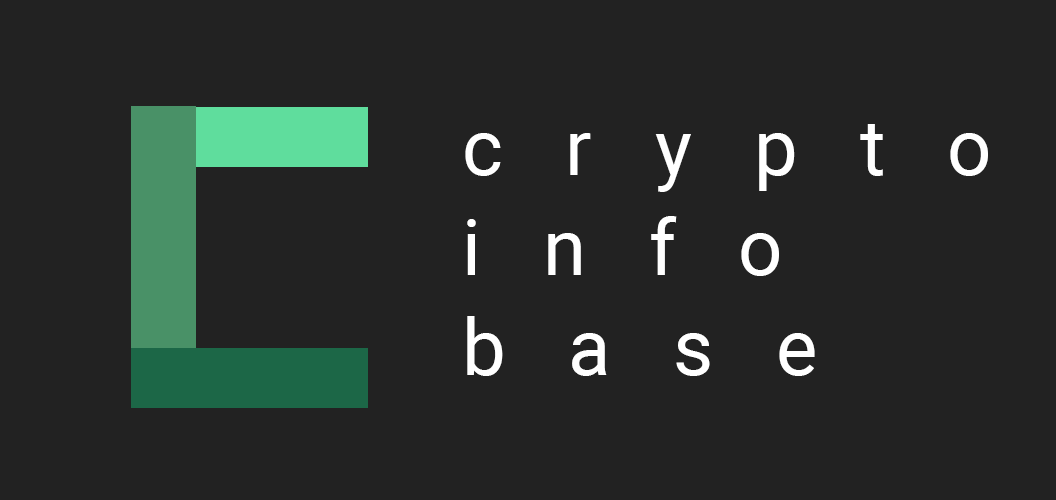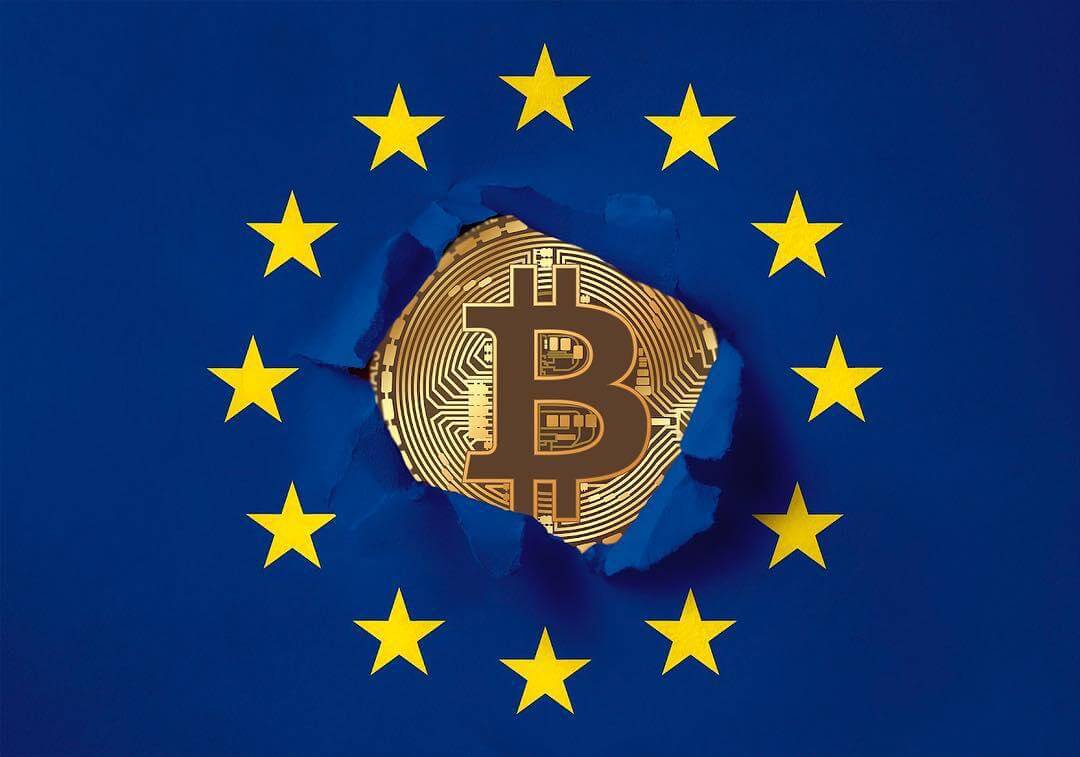If not today, then tomorrow, in the Official Journal of the European Union, changes will be published in the Anti-Money Laundering Directive, which means that only 3 days after that, its new version will come into force. The relevant changes were adopted by the European Parliament as early as on April 19, 2018. The overwhelming majority of European deputies supported these changes. The EU member states will have 18 months to unify their appropriate legislations.
The adopted changes are completely devoted to closer regulation of the cryptocurrency market. Their main goal is to provide citizens with free access to information about the ultimate beneficiaries of companies dealing with cryptocurrencies and operating in the EU. First of all, these are crypto exchanges registered in the t EU member states.
We hasten to dispel the nascent rumors about the attempts of the EU to kill the market of cryptocurrencies or to restrict the rights of its participants.
The new regulatory legal regulation of the cryptocurrency in the EU is entirely aimed at combating money laundering and the financing of terrorism. Feel the difference: they don’t fight with cryptocurrency; they fight with with its criminal use.
Krišjānis Karins (Latvia), co-rapporteur said: “Criminal behaviour hasn’t changed. Criminals use anonymity to launder their illicit proceeds or finance terrorism. This legislation helps address the threats to our citizens and the financial sector by allowing greater access to the information about the people behind firms and by tightening rules regulating virtual currencies and anonymous prepaid cards.”
Judith Sargentini (Netherlands), co-rapporteur said that the EU loses billions of EUR to money laundering, terrorism financing, tax evasion and avoidance annually. According to him, this money could go to finance European hospitals, schools and infrastructure. In accordance with the new legislation, the EU expand the responsibilities of financial institutions to conduct an in-depth verification of their clients. This will shed light on those who cover up their criminal activities by financial companies and trusts.
As you can see, it is not a question of restricting the turnover of the crypto currency or its prohibition. The main directions of the market regulation are as follows:
- Open access to information about the real owners of the companies. The participants of the cryptomarket will be able to get information about people behind companies operating with cryptocurrencies and crypto exchanges or start-ups attracting investments using ICO.
- Deep verification of crypto exchanges’ users. The exchanges, like banks, will have to apply controls to due diligence of clients, including requirements for checking the good conscience of customers and the legality of the funds they receive.
- Tougher criteria for assessing the risk of money laundering by residents of non-EU countries.
In fact, there is nothing new. The self-respecting crypto exchanges have long adhered to the KYC “know your customer” rule. In addition, fair participants in the crypto market should be gratified that the state takes measures so that they would not become victims of multiple scammers. Of course, you should not lose your vigilance. Hence, we recommend you to read our tips for a safe participation in ICOs.




